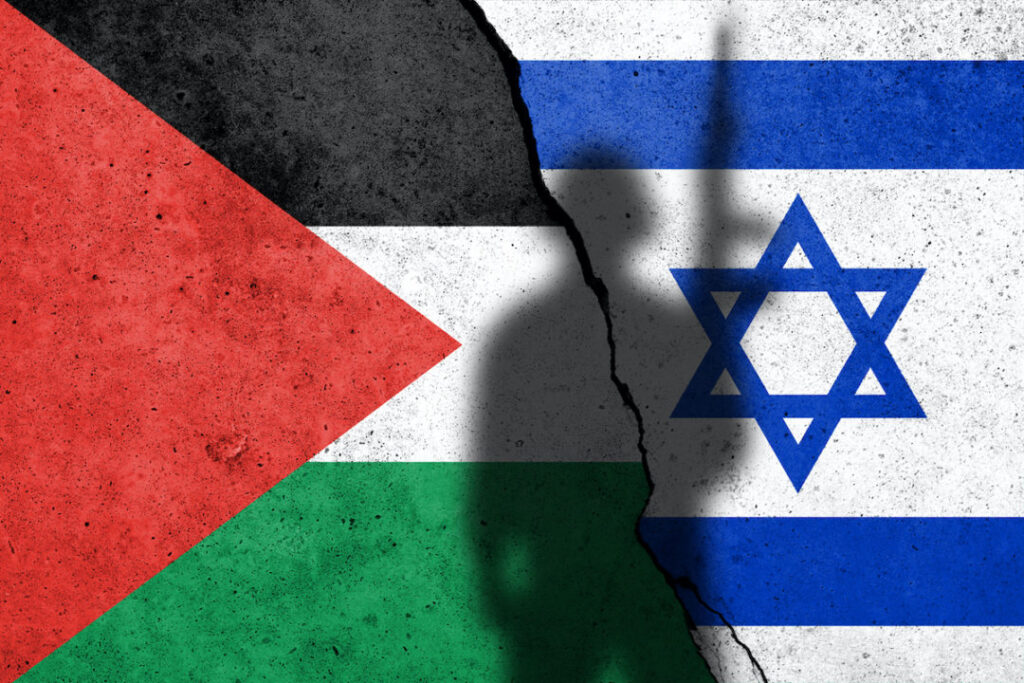Jerusalem – The long-standing conflict between Israel and Palestine has once again escalated, with renewed violence and tensions gripping the region. The latest round of violence has focused international attention on the Gaza Strip, the role of Hamas, and the influence of Iran and its allies in the ongoing conflict.
Gaza Under Siege
The Gaza Strip, a densely populated enclave on the eastern coast of the Mediterranean, has been a focal point of the Israeli-Palestinian conflict for years. In recent weeks, the situation in Gaza has deteriorated further, with frequent clashes between Palestinian militants and Israeli security forces. The root causes of the conflict, including disputes over territory, refugees’ right of return, and the status of Jerusalem, remain unresolved.
Gaza’s 2 million residents continue to face dire humanitarian conditions, including shortages of food, clean water, and electricity. The blockade imposed by Israel, with Egyptian cooperation, has had a severe impact on the daily lives of Gazans, leading to high unemployment and poverty rates.
Hamas and Its Role
Hamas, designated as a terrorist organization by Israel, the United States, the European Union, and others, plays a significant role in the conflict. The militant group controls Gaza and has maintained its authority there since 2007 when it ousted the Palestinian Authority. Hamas has been responsible for launching rocket attacks into Israeli territory, which often results in Israeli airstrikes on Gaza in retaliation.
While Hamas continues to rule Gaza, the Palestinian Authority, led by President Mahmoud Abbas, governs the West Bank. The divided leadership among Palestinians has complicated efforts to achieve a unified approach to resolving the conflict with Israel.
Iran’s Involvement
Iran, a longtime ally of Palestinian militant groups, including Hamas and Islamic Jihad, has provided financial and military support to these organizations. Tehran sees itself as a key supporter of the Palestinian cause, viewing Israel as a regional adversary. Iranian officials have openly condemned Israel’s policies and actions towards the Palestinians.
Israel has accused Iran of supplying weapons and funding to Palestinian militants in Gaza, which has contributed to the ongoing violence in the region. These allegations have further strained relations between Israel and Iran, adding another layer of complexity to the Middle East’s already volatile geopolitical landscape.
Allies and International Reactions
The Israel-Palestine conflict has drawn varying reactions from the international community. The United States, traditionally a staunch ally of Israel, has urged both sides to de-escalate and has called for a two-state solution, with Israel and Palestine coexisting peacefully. Other nations, including European countries, have also expressed concern over the violence and the humanitarian situation in Gaza.
Regional players like Egypt and Qatar have attempted to mediate between Israel and Hamas, seeking to broker ceasefires and reduce tensions. However, achieving a lasting peace agreement remains elusive as deep-rooted issues continue to divide the two sides.
As the situation in Israel and Palestine remains fluid and fraught with complexity, the international community continues to monitor developments closely. The hope for a comprehensive and lasting solution to this decades-long conflict remains a distant goal, with both sides entrenched in their positions and regional actors influencing the dynamics on the ground.
The escalation of violence in Gaza, the role of Hamas, Iran’s involvement, and the reactions of international allies underscore the urgent need for diplomatic efforts to find a resolution to this protracted and deeply entrenched conflict. The coming weeks and months will undoubtedly be critical in determining the future of Israel and Palestine and the prospects for a lasting peace.
